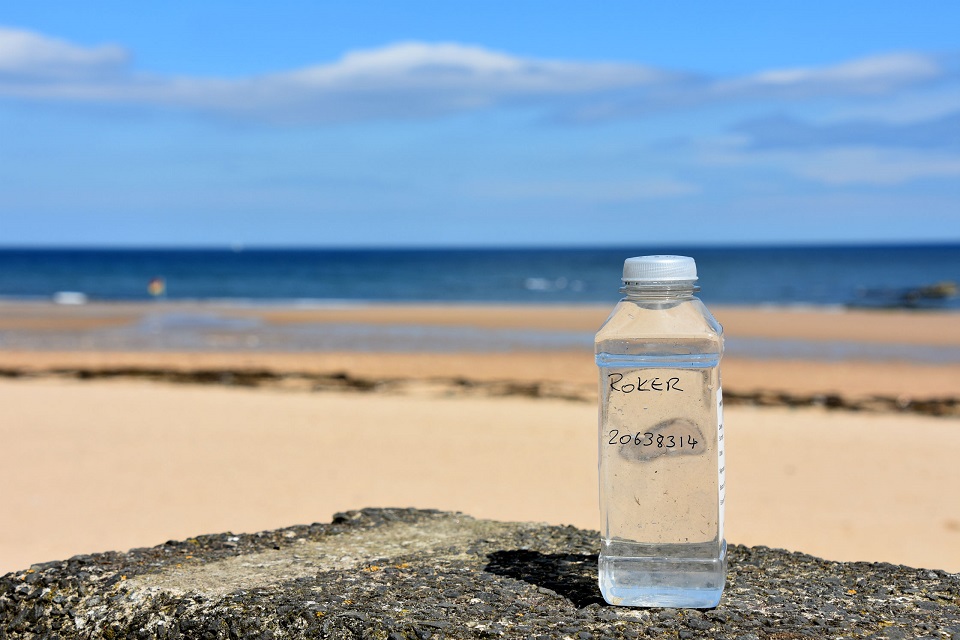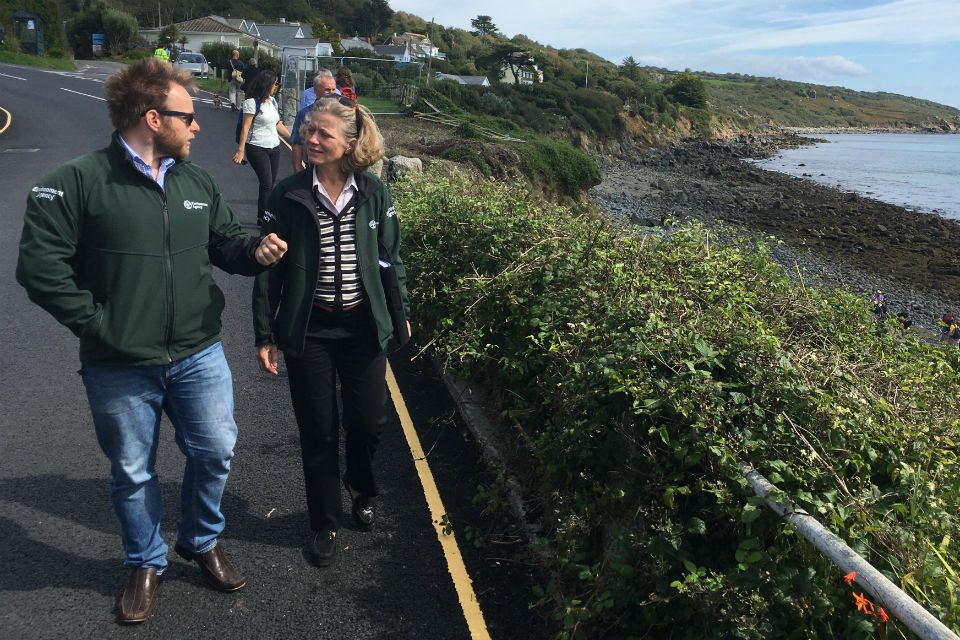Press release: Angler arrested and fined after obstructing a water bailiff
James Jones, 21, of Blodwen Road, New Inn, Pontypool was caught with a rod and line but no licence on the River Severn at Worcester on 18 February. Initially he gave a false name and was arrested by the bailiff, but after giving his correct details was issued with a ticket.
Jones was summoned to appear in court on 3 August but he did not attend, so the magistrates issued a warrant for his arrest. He was then arrested by West Mercia Police and brought to court.
After pleading guilty he was fined £120 for obstructing the bailiff and ordered to pay costs of £172 and a victim surcharge of £30. This offence is reportable to the Police National Computer and has been reported to the ACRO Criminal Records Office.
Andrew Eardley of the Environment Agency said:
Water bailiffs have the powers of police constables, including the power to arrest. This case demonstrates that we won’t give up on tracking down offenders who obstruct our officers, and the police are willing to support us by executing arrest warrants.
Most anglers enjoying the sport fish legally, but there continues to be small number of anglers who fail to buy a fishing licence. These few are cheating their fellow anglers and the future of the sport.
An annual licence costs from just £30. It seems ridiculous that anglers risk significant fines and costs, a criminal conviction and the loss of their fishing equipment for such a small fee.
Speaking for West Mercia Police, Alexa Neville said:
British conservation-based angling law is in place for a very good reason and we can, and do, take action to support the Environment Agency in its duty of fishing enforcement.
West Mercia Police and our partners also have Operation Leviathan in place to raise awareness of fish theft, illegal angling and anti-social behaviour around waterways.
Money from fishing licence sales is invested in England’s fisheries and is used to fund a wide range of projects to improve facilities for anglers including protecting stocks from illegal fishing, pollution and disease; restoring fish stocks through re-stocking; eradicating invasive species; and fish habitat improvements. Licence money is also used to fund the Angling Trust to provide information about fishing and to encourage participation in the sport.
You need a valid Environment Agency fishing licence to fish for salmon, trout, freshwater fish, smelt or eel in England. Buying a rod licence is easy. A licence lasts 365 days from the day you buy it.
Anyone witnessing illegal fishing incidents in progress can report it directly to the Environment Agency hotline on 0800 80 70 60. Information on illegal fishing and environmental crime can also be reported anonymously to Crime stoppers on 0800 555 111.


